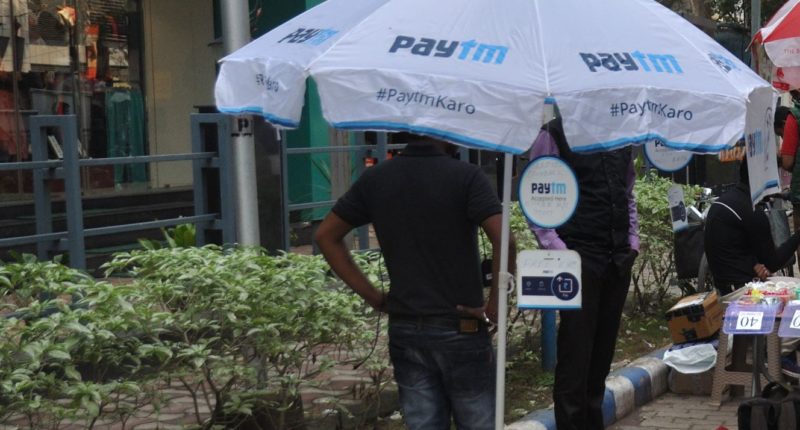With the onset of Reliance and Facebook-backed JioMart, India’s biggest ecommerce and digital B2B startups are scrambling to fortify their respective consumer base. Paytm, which is India’s largest digital financial services company at the moment, too faces stiff competition from JioMart’s arrival, specially on the merchants side of its business. As a result, the company is today announcing a new loyalty program for its merchant consumer base.
This new ‘loyalty’ program, for which Paytm has set aside ₹100 crore (~$13.1 million), will aim at encouraging merchants to further integrate Paytm’s digital financial solutions, into their daily business activities.
As part of this new loyalty program, all merchant partners will be eligible to earn reward points for accepting payments from Paytm Wallet, Rupay Cards, and all UPI based payment apps. The collected points can be redeemed for a voucher instantly or for purchasing exciting merchandise from the Paytm for Business app, such as sound-box, EDC, etc. The banks charge fees to load the wallets and Paytm will be returning this 1% MDR charged on wallet transactions through this loyalty program and financial services offering.
There is no limit on the reward points that can be earned by a merchant and will directly depend upon the total number of transactions done through the Paytm all-in-One QR.
Paytm has, for quite some time now, focused extensively on the B2B side of its business as it looks for newer growth avenues. Consumer-end financial services, such as wallets, UPI P2P payment services etc. do not offer much, in terms of revenues. While these services provide access to a large consumer base, most companies, including Paytm, have failed to generate any significant financial gains from the sector.
As a result, India’s fintech companies have increasingly shifted their focus towards merchant side of things. Add to that an ever aggressively expanding Reliance+Facebook backed JioMart, and there are plenty more reasons for existing fintechs to show some agility and quickly re-strategise their business models.
Paytm had recently announced a slew of new features for merchants, including an ‘All-in-one’ QR code for accepting payments from all UPI-enabled apps. Additionally, the company also integrated these All-in-One Paytm QR codes into various utility items such as calculator, power bank, clock, pen stands and radio which merchants can use in their shop for daily requirements. The move was clearly aimed at integrating Paytm deeply into a merchant’s daily business purchases, in order to ensure a stable consumer base.
The company also launched ‘Business Khata’ (khata is hindi for ledger), which is linked to the merchant’s payments on the Paytm app and lets them manage a digital ledger of all transactions, both customer wise as well as a whole. With ‘Paytm Business Khata’, merchants can set payment due date for credit transactions and send automated reminders.
